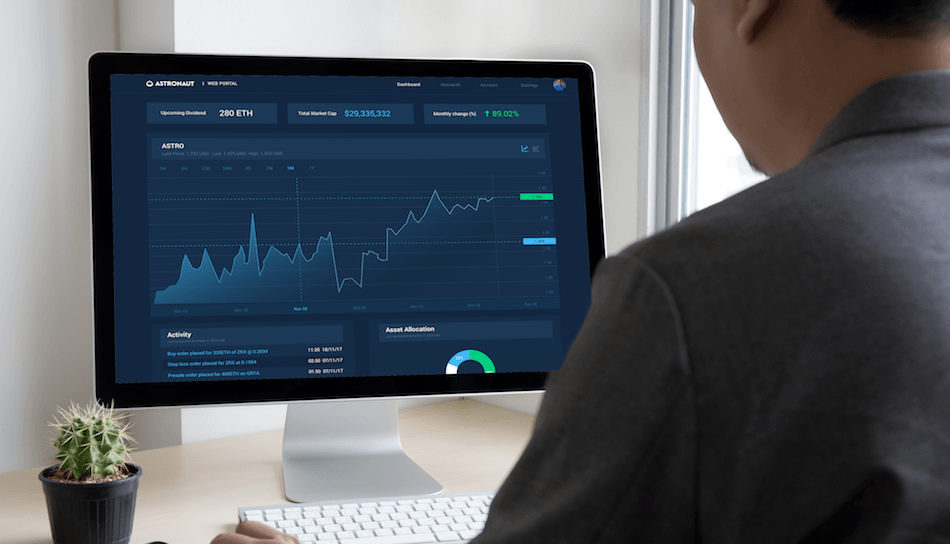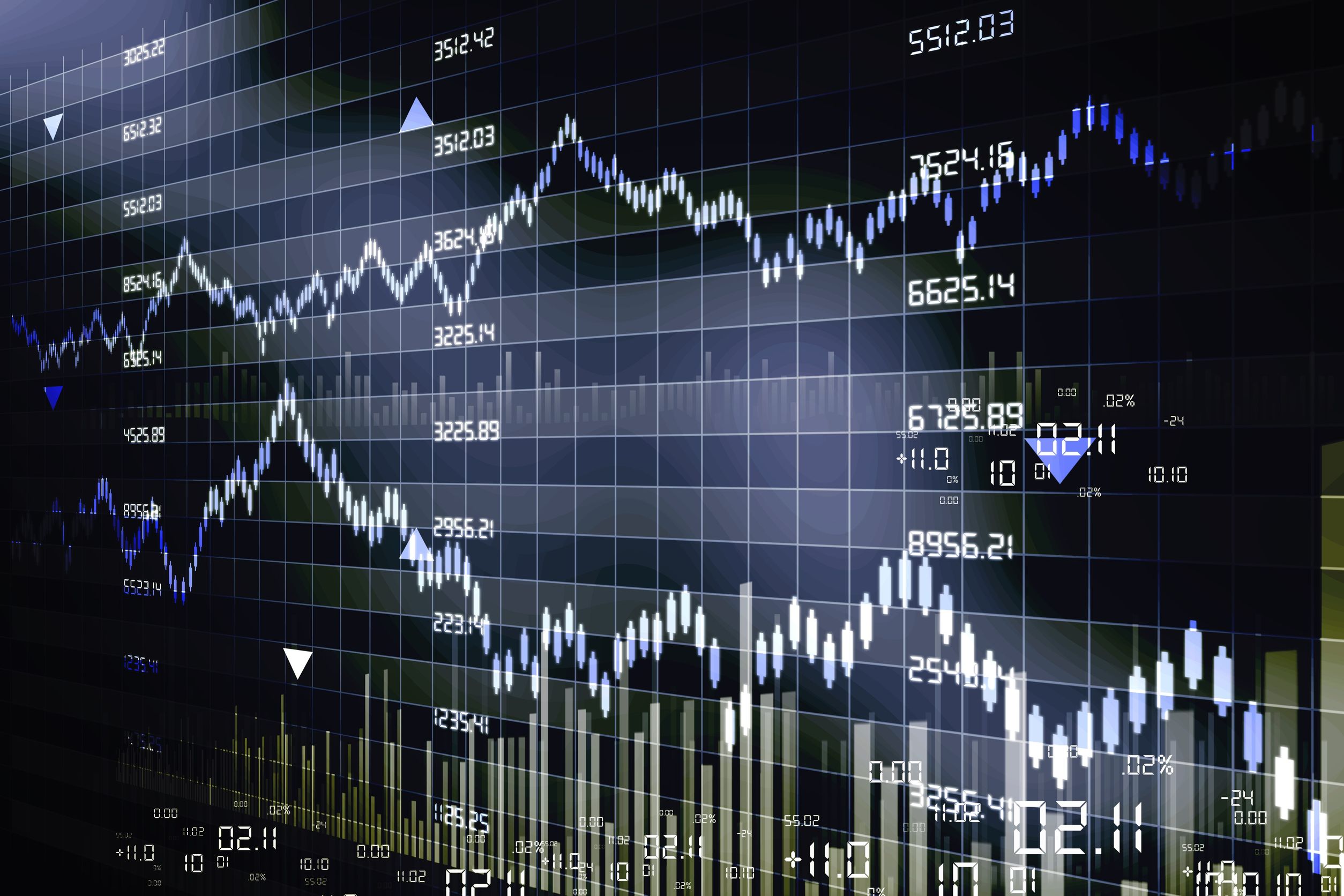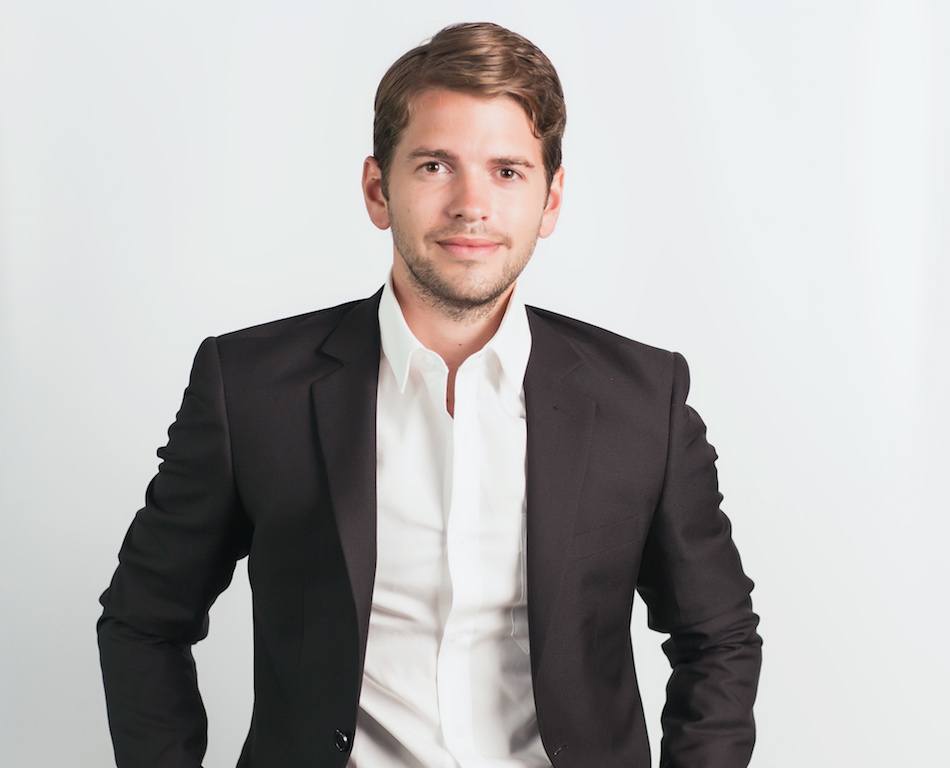
Photo credit: Astronaut.
In 2017 alone, nearly US$2 billion has been raised through initial coin offerings (ICOs), outpacing venture capital seed investments. If you’re one of those who want to get in on the action but don’t know where to start, you’re not alone.
Distinguishing promising and trustworthy token sales from the ones that are out to steal your money is no easy task. Participating in desired ICOs and trading tokens on exchanges can also be tedious and difficult.
These are the problems Matthew Dibb and his team want to solve through Astronaut Capital, a service that allows retail and institutional investors to participate in the growth of a variety of cryptocoins through a single token – the “Astro” token. That way, instead of investing in and conducting due diligence on each ICO separately, investors put their money in Astronaut, a kind of crypto-mutual fund.
Astronaut itself is currently holding an ICO. Its goal is to raise US$22 million, which it will use to invest in other ICOs. Whoever buys its token indirectly participates in these other ICOs and earns through:
- Quarterly ether income distributions, which grow as Astronaut cashes in on gains from the assets under its management
- Capital gains from trading the Astro token, whose value is aligned with the value of the fund
What will determine the success of its investment strategy is its wholly-owned cryptocurrency research arm in Singapore, Picolo Research.
Independent assessment
Picolo is a free service that basically assesses how risky an ICO is. For example, it gives a token sale five stars with a “buy” tag if it’s “a high conviction buying opportunity,” or two stars with a “risky” tag if it comes with a big risk of losing capital. Sometimes, they tag it outright as a “scam” that should be avoided at all costs. The tags and ratings are accompanied by commentaries detailing why the ICOs were rated as such and their strengths and weaknesses.
It has been operating for some time before the team stumbled upon the idea of an ICO investment fund.
Picolo, now with more than 10,000 subscribers, started out as a passion project. Last year, Dibb and some partners were trading cryptocurrencies for clients, some of whom asked for institutional-grade reports on ICOs to guide them on the best bets.
Coming from an investment background, the partners were used to that kind of work. Dibb is the director of Wise-owl, which he claims is the biggest research company for microcap stocks in Australia. These microcaps – with market valuations below US$10 million – are generally in their early stages and built on a concept you can barely verify due to scarce information in the marketplace. So making the transition to ICOs, which are very similar, was easy.
“We really enjoyed doing those ICO reports and we said this is something that the public market will probably want,” said Dibb. “We felt there was a need.”
True enough, with nothing but a couple of sample reports, Dibb and his partners launched a contact form on Product Hunt and Beta List. Surprisingly, 6,000 people signed up in a week.
Industry stakeholders we spoke with recognized the need for assessment tools in the rapidly growing ICO market.
“They will definitely play a big role,” said Julian Hosp, co-founder and president of TenX, which closed one of the largest ICOs when it raised US$80 million in a matter of minutes back in June.
“But that’s only if their research is done independently and in the users’ best interest,” he noted.
“This is quite a difficult task and a few platforms are trying to achieve it. The challenge will be bridging the gap between independence and financing, and whoever manages that in a profitable yet still unprejudiced way will win,” Hosp added.

Photo credit: cooldesign / 123RF.
Takashi Sano, venture partner at Global Brain, a Japanese VC firm investing in blockchain startups, echoed the same view. “Having more information in this market is needed and third-party opinion has value.”
There are plenty of sites that provide ICO assessment, but most of them are paid by the ICOs themselves to produce the reports, said Zach Piester, chief development officer at Intrepid Ventures, a Hong Kong-based VC that focuses on blockchain startups. “The more you spend the more favorable you look.”
That’s the problem they aim to address through Picolo, said Dibb, who is financing the service out of his own pocket. “The purpose is to be able to put out transparent, totally independent market research.”
“We have not taken any money or remuneration from companies to do our research and write our reports,” he emphasized.
Picolo’s analysts are also not allowed to participate in ICOs on a personal capacity to avoid conflict of interest. “This is part of our ‘Chinese walls’ as they are called in investment banking.”
Determining factors
Most companies launching ICOs are in their idea and pre-revenue stage. It’s nearly impossible to know which ones will survive, let alone actually take off. The recent phenomenon has also given rise to “pump-and-dump” schemes and blatant ripoffs where companies take money but fail to build the promised product.
So how does Picolo analyze risk? Again, an approach akin to covering the microcap sector, it bases its research off several fundamental and technical factors, such as the structure of the token, anticipated capital to be raised, and management and team track record – their professional background and businesses they’ve built or exited – just to cite a few.
Dibb recalled the time they put out a report about a US-based startup called Paragon, which aimed to bring transparency and standardize supply in the marijuana industry. “Their CEO was an ex-beauty queen and model who hadn’t really started a business. The company paid a whole bunch of high-profile rappers, hip-hop artists to promote it. What we did was look at the team – they’re raising millions worth of ether, are they going to be able to execute?”
They also watch out for ICOs without a maximum cap on the amount of funding they want to raise. “When we see an ICO and instead of just raising their target of US$10 million – they raise an extra US$50 million – we ask ‘what are they going to do with it and why do they need it?’ That has happened so many times,” he explained.
Astronaut has also been able to identify successful token crowdsales, such as District 0x (ZRX), which it tagged with a “buy” at roughly $0.05. The ICO token hit as high as $0.34 and is now trading at $0.22.
Dibb’s team – the investment committee – consists of five people who come from a mixture of technical development, analysis, corporate finance, as well as private equity (PE) backgrounds. “Investment committees also exist in PE firms, family offices, etc, so we’ve sort of replicated exactly what that is and how successful that is,” he said.

Matthew Dibb. Photo credit: Astronaut.
Zooming in on security
Probably the hardest thing about the ICO market is its susceptibility to phishing scams and hacking, Dibb stated. Phishing attacks, which have stolen a combined US$225 million this year, fool investors by redirecting them to a mirrored social media or web page that replicates the official ICO. The tricked investors would then hand over their payment credentials.
“To be honest, most of the time the issue is a lack of security on the ICO’s part – they should’ve known better.”
Security is also something that Picolo looks at. The team carefully examines ICOs’ know-your-customer process to ensure “you’re not letting somebody through the door who can potentially take advantage of everybody else.” They also ring up a lot of the management teams to ask them about the level of encryption they have on their websites. “We ask who they’re using when they collect ethereum or what sort of wallet they have – if it’s a simple wallet or a multi-signature wallet.”
A way to monetize
Dibb admitted having no monetization plan upon setting up Picolo, although a few months in, his team looked at charging a yearly premium subscription for the assessment reports.
They had a lightbulb moment after conducting a survey among subscribers to gauge their level of participation in ICOs and the issues they normally face. “What we found is that they love the research they are getting, but they hated having to apply for the ICO, having to collect the tokens and move it to the exchange and manage it. That whole process could be fragmented and difficult to understand particularly for people who are not tech-savvy,” he said.
The concept of Astronaut was born. The majority or 92 percent of the funds Astronaut will raise from its ongoing token sale will be invested in ICOs and the rest will be spent for operational costs. The fund aims to secure ICO investments that provide returns of five times and more.
There’s risk in investing in Astronaut, Dibb admitted, because it’s susceptible to market ups and downs. The difference with other ICOs is that instead of creating a product where it could burn all of investors’ money, Astronaut is already set up and working. “We do not have the risk of running out of money or not bringing a product to market.”
Upon the close of the token sale, Picolo will exclusively service Astronaut and its token holders.
Fret not, Dibb said, as they will still release some reports to the public albeit a bit delayed.
With Astronaut’s fund value relying on Picolo, it gives the team more incentive to ensure that the assessment reports they are coming up with are reliable. For transparency’s sake, they will also disclose any exposure Astronaut may have in token sales in their reports.
Filtering out dumb money
With more people jumping on the ICO bandwagon – even celebrities have begun endorsing it – plus the fact that it’s largely unregulated, there are concerns that it’s turned into a bubble waiting to burst.
Dibb, however, believes that’s not the case. There’s a very big difference between the dotcom bubble in the late 90s and today’s ICOs and that is the quality of investors going into ICOs, he stated. “Most of the people going into these are quite knowledgeable – a lot of them are programmers and developers. I wouldn’t say that a lot of dumb money has come. It’s actually kind of hard to invest in ICOs if you look at the mechanics.”
All the more there is a need for third-party services that can produce deep analysis to separate the sheep from the goats.
“It’s that transparency that we need to sustain this market, for it to continue to grow and avoid a bubble, avoid new entrants coming in looking for dumb money.”
As many ICO research groups are paid and conflicted, Dibb said there’s only a few he considers competitors and one of them is US-based Smith and Crown. He wishes for there to be more. “We want more competition […] It’s the only way this huge market is going to have longevity. We can’t do it ourselves.”
Astronaut aims to close its token sale by October 25 and list on a few cryptocurrency exchanges beginning November.
This post How crypto-mutual fund Astronaut aims to minimize risk in ICO investing appeared first on Tech in Asia.
from Tech in Asia https://www.techinasia.com/astronaut-ico-investment-and-risk-assessment-fund
via IFTTT
No comments:
Post a Comment